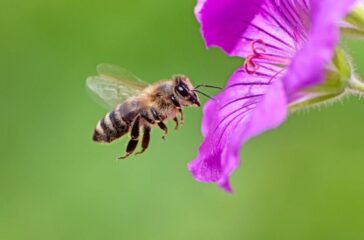Citing birds and bees, groups petition EPA to close pesticide loophole
By Carey Gillam
The US should overhaul regulation of a class of insecticides tied to excessive honeybee and bird deaths, according to a citizen petition filed Wednesday with the Environmental Protection Agency (EPA) by a coalition of more than 60 nonprofit groups.
 EWG
EWG